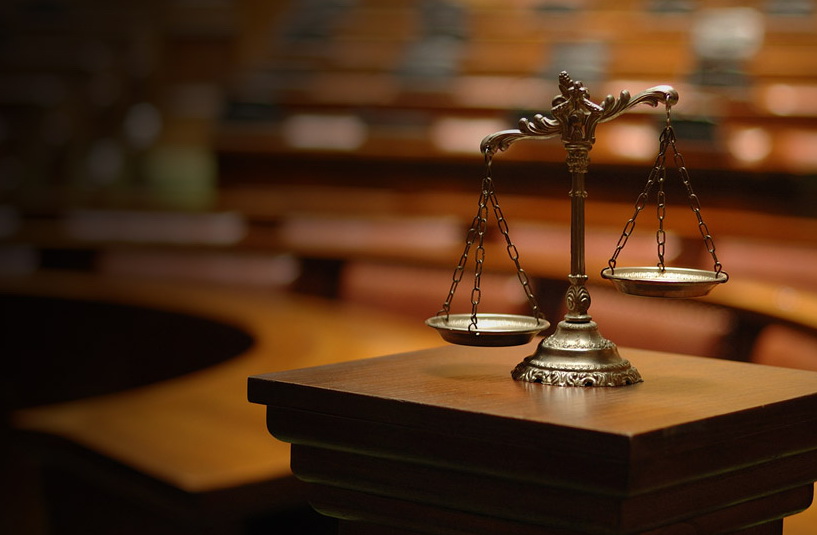Basic remarks and proposal by BAJ on the draft amendments to the legislation of Belarus on regulation of the media and online resources

1. On the proposed amendments to the Code of Administrative Offenses
The draft law provides for introduction of additional administrative liability of mass media or online resources not registered as media for dissemination of information, which is prohibited for dessimination under Belarus legislation (parts 3 1 and 3 2 of Article 22.9 of the Code of Administrative Offenses). The amounts of fines are unreasonably large: for individual persons, the maximal amount of the fine for part 32 of Art. 22.9 (up to 50 basic units) is more than 6 times higher than the minimum subsistence level. The maximal amount of fines for legal entities is 500 basic units (about 5000 euros).
Thus, instead of excluding Art. 22.9 part 2 from the Code of Administrative Offenses, under which freelance journalists are being persecuted for cooperation with foreign media without accreditation and which is actively discussed within the framework of the EU-Belarus Human Rights Dialogue, the proposed amendments introduce new grounds for liability, with very vague definitions allowing for their arbitrary interpretation. Police will be in charge of making reports under these charges.
We propose:
- To remove the proposed amendments from the draft law.
- To transfer the right to complete reports for violation of the media legislation (including part 2 of article 22.9 of the Code of Administrative Offenses) from police officers of the Ministry of Information.
- To provide an official interpretation of part 2 of Art. 22.9 of the Code of Administrative Offenses as to parties liable for he illegal production and (or) distribution of mass media products.
2. On the proposed amendments to the Law on Mass Media
2.1. The draft law provides for voluntary registration of online resources as media «online publications»). However, they are subject to a licensing registration procedure that exists for the print media and is unreasonably demanding.
The overwhelming majority of existing online resources will not be able to meet the requirements for registration as online publications. As a result, reporters working for online resources will lose the status of a journalist and will not be able to apply for accreditation to government bodies, to protect their information sources, to exercise their profession at mass actions, etc.
At the same time, all the duties and sanctions envisaged by the Law on Media and the Law on Administrative Offenses are fully applicable to online resources not registered as media (online publications).
2.2 The draft law provides for the possibility to stop the activities of online publications on an out-of-court basis through the procedure of annulling their registration certificate after restriction of access to them.
At the same time, access to online publications is restricted under a simplified procedure and by non-judicial means, too. The draft law does not envisage the possibility to challenge the restriction of access to an online resource in court.
2.3. The draft law actually obliges owners of online resources to introduce pre-moderation of all online discussion platforms, and also requires mandatory identification of persons posting materials or comments on discussion boards or at online resources (not only in online publications). In addition, the draft law entitles the Ministry of information to request data necessary for the analysis of information posted at an online resource from its owner, and obliges the latter to provide the requested information within five working days from the date when such a request is received. At the same time, neither the purpose, nor the scope, nor the nature of information that can be requested are defined; That does not only impose additional responsibilities on resource owners, but can lead to impossibility to fulfill the requirement on time, violation of the privacy of citizens, disclosure of their personal data, violation of confidentiality of sources, and even limited access to social media.
We propose:
- to fundamentally revise the regulation of online resources:
- The level of legal protection of Internet publications registered as media (online publications) should be identical to the regular media; Simplified procedures for suspending or terminating the activities of online publications, and online resources in general, should not be introduced.
- The regulations proposed for comments posted on message boards and other discussion platforms should be reviewed.
- In the light of the principle of freedom of expression, if online publications do not pre-moderate user discussions, they can be held liable for the content of such discussions only if they do not react to a notification of a detected violation of the law. Otherwise will mean introduction of elements of censorship in the regulation.
- It is necessary to conduct a general examination and public discussion of the proposed and existing grounds for holding mass media liable concerning the proportionality of the proposed and current restrictions on the freedom of the mass media to the Constitution and international obligations of the Republic of Belarus.
 @bajmedia
@bajmedia
